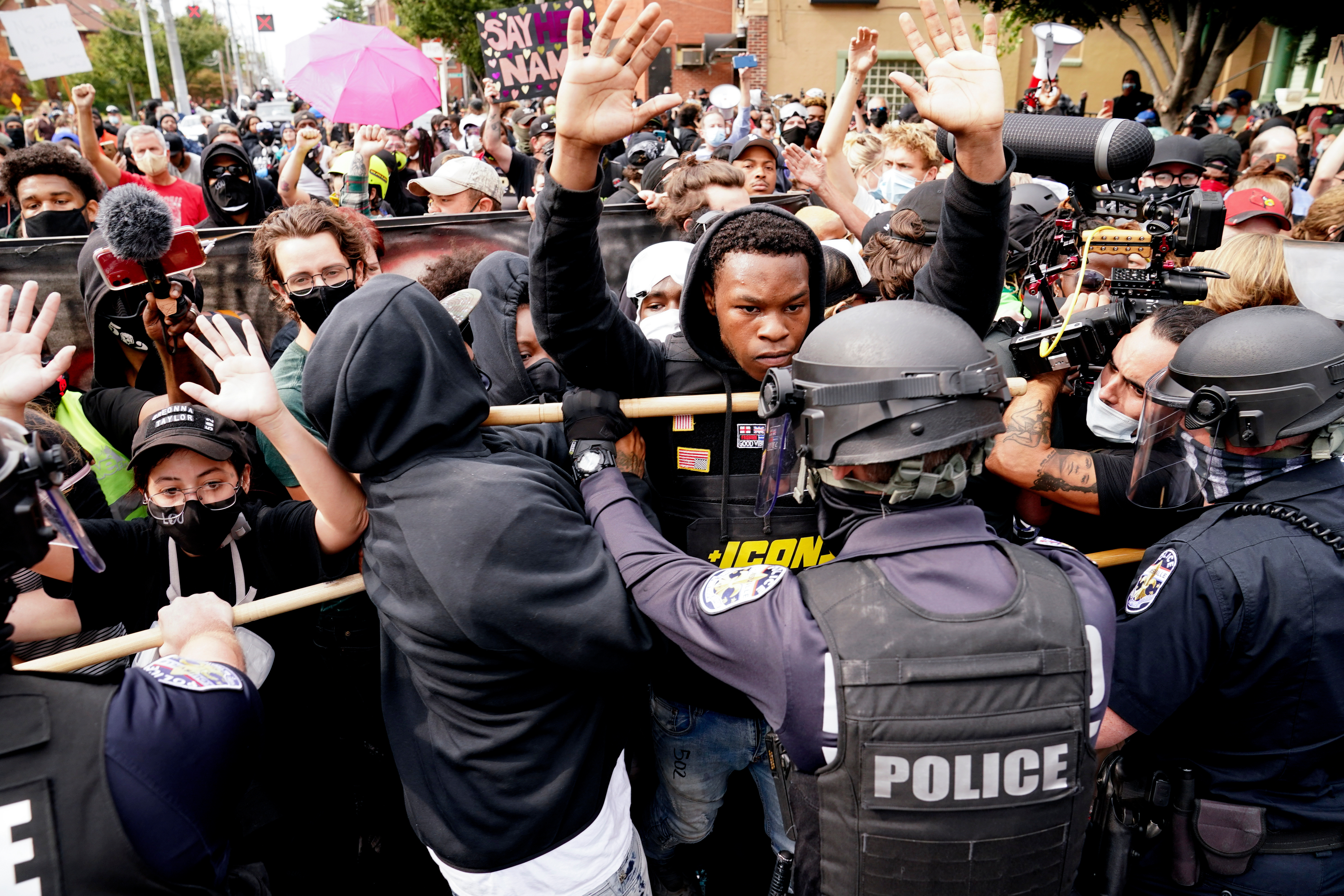The Democratic National Committee is on the verge of revamping what has been one of the most contentious parts of its presidential nominating process.
Following his Democratic primary loss in 2016, Sen. Bernie Sanders said, "The idea that we had, in this case, 400 superdelegates pledge to a candidate some eight months or more before the first ballot was cast is, to my mind, absurd."
Under the old rules, Democrats would divvy up the votes for their presidential nominee into two types of delegates. The bulk of the votes went to pledged delegates — people selected in state primaries or caucuses who are committed to vote the same way their state did.
But a handful of the delegate seats — around 15-20 percent — were reserved for party officials, governors and members of Congress. These so-called "superdelegates" were free to vote for whichever nominee they felt like, regardless of what their constituents wanted.
After a series of meetings on the issue, the DNC is voting on a change to those rules during its summer meeting in Chicago. The proposed changes would keep superdelegates from freely voting on the initial presidential ballot entirely, though they would get to weigh in on the nomination if none of the candidates won the first round outright.
Superdelegates became a major issue during the 2016 Democratic primary, when Hillary Clinton locked up support from a majority of them well before the primary voting was over. Her opponent, Bernie Sanders, argues superdelegates are a form of institutional bias against outsider candidates.
So far, superdelegates have never swung a nomination against the primary voters. But detractors argue the system goes against the democratic principle that a party's voters should choose their candidates.
But some party leaders have objected to being "disenfranchised" by the changes. Superdelegates that feel less than super might not be as eager to show up for the party's convention, which could weaken the party's structure overall.




 Our Primary System Didn't Start With The Framers, So Why Do We Do It?
Our Primary System Didn't Start With The Framers, So Why Do We Do It?





